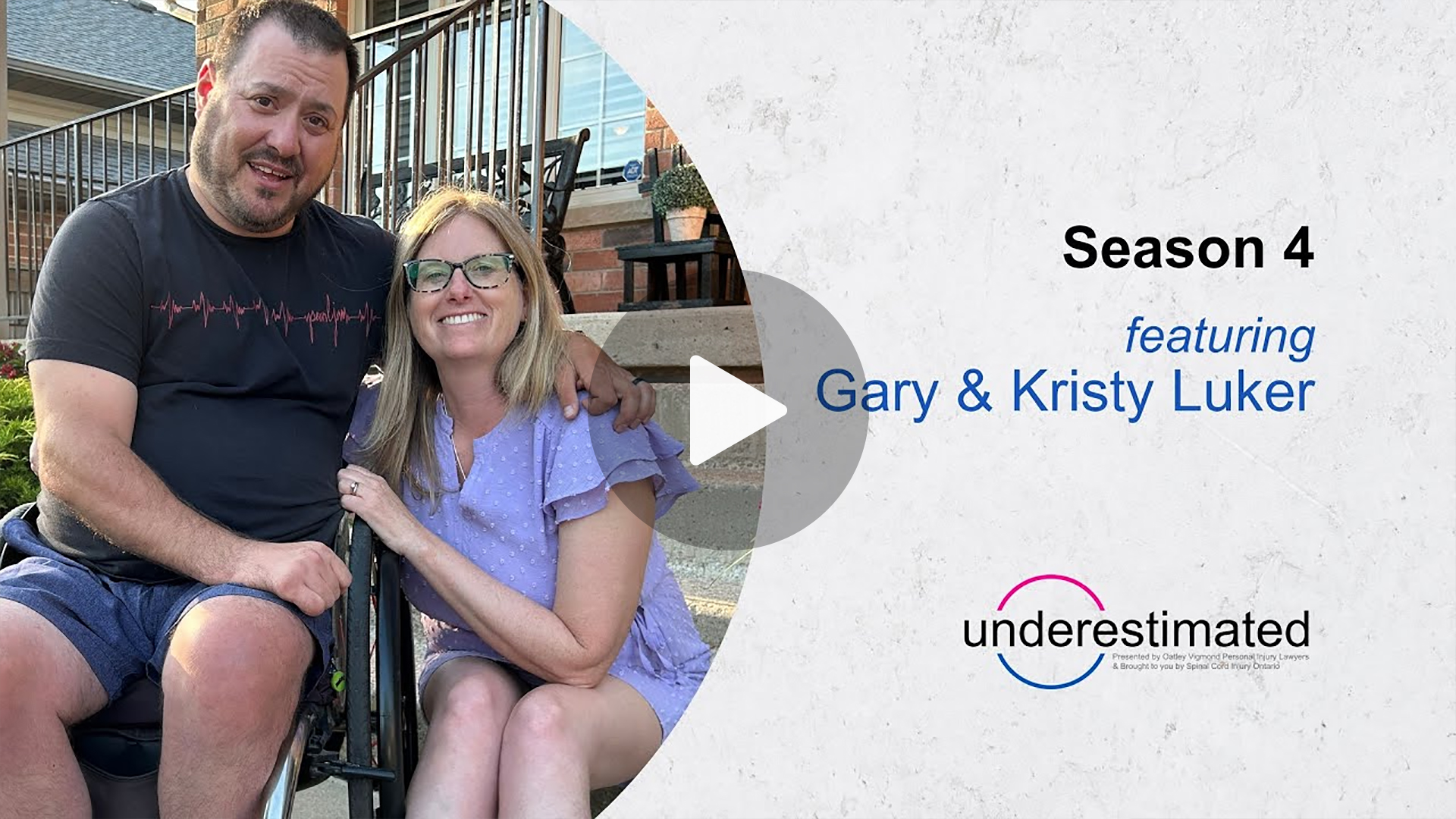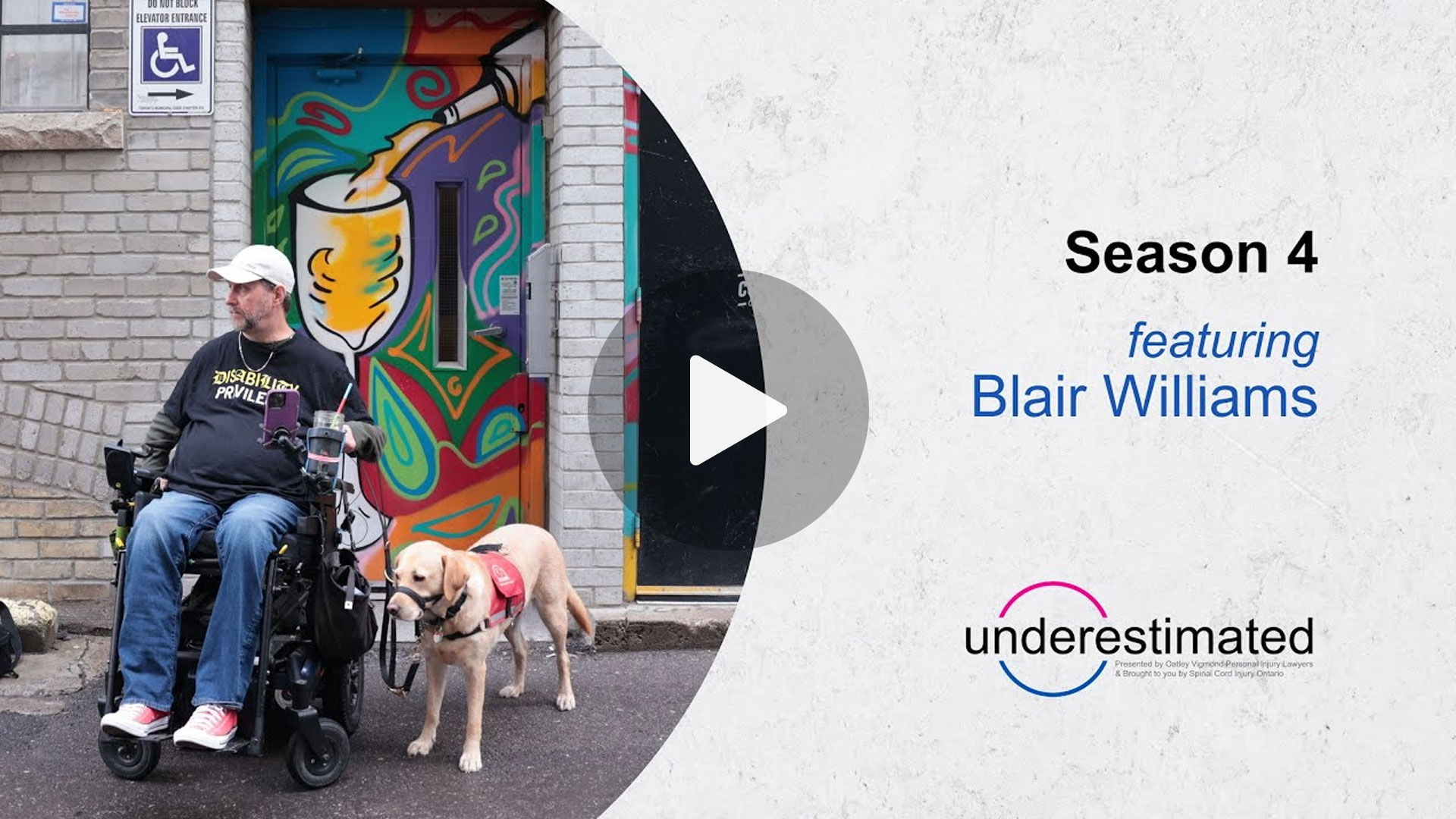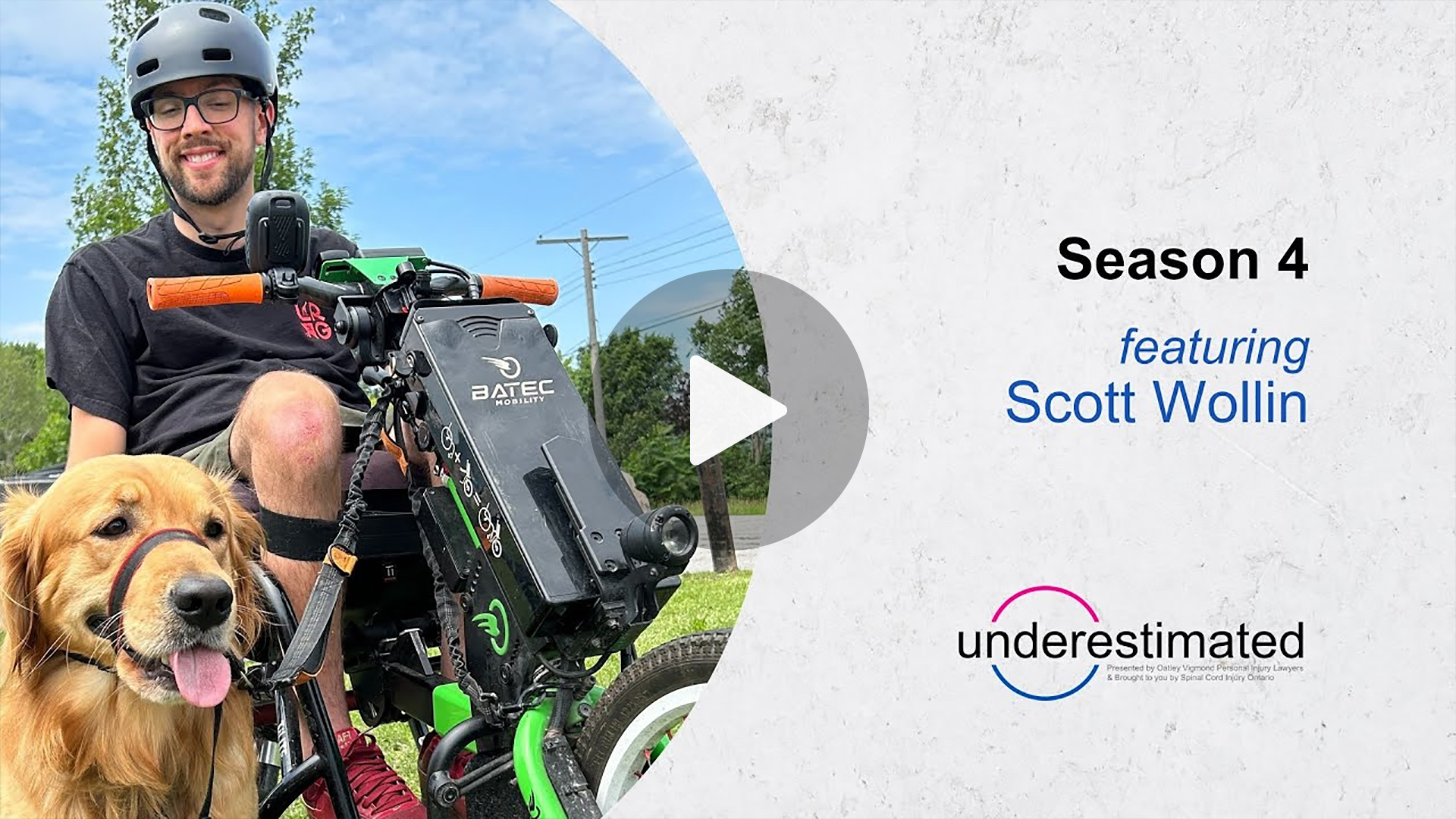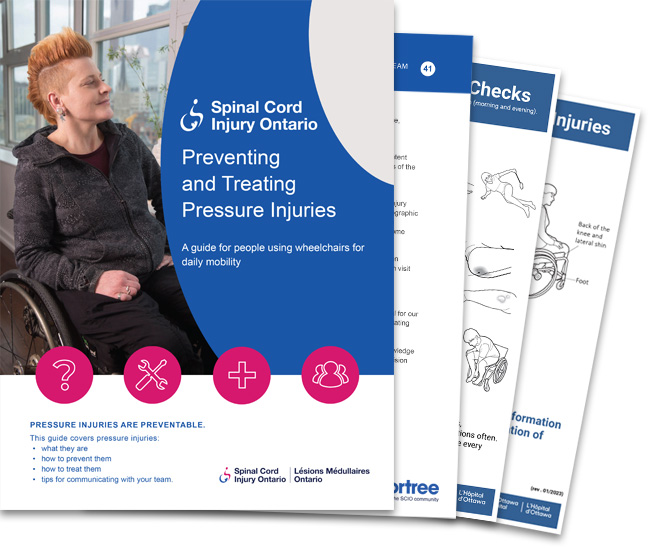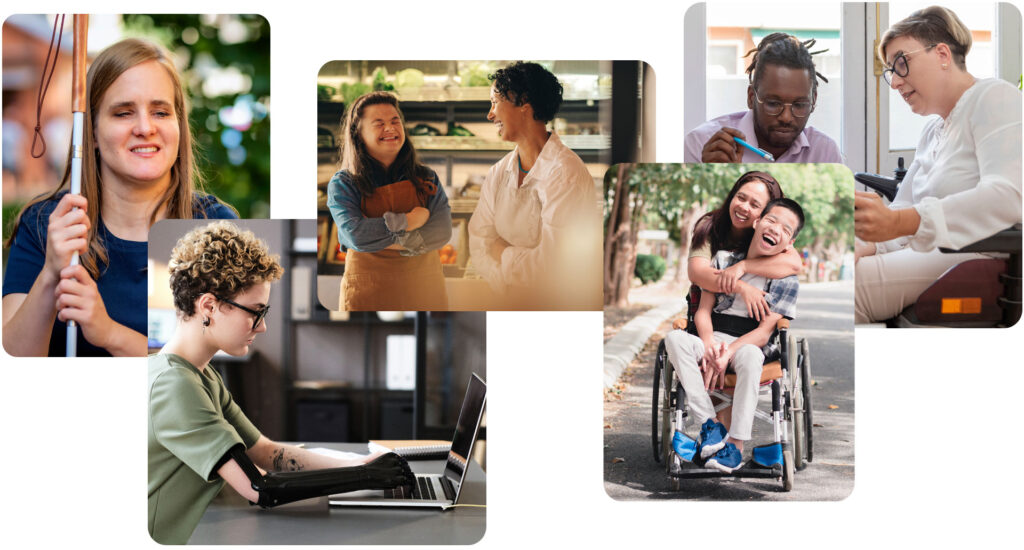In this video, we discuss understanding sexuality with a disability, and facts about dating and intimacy for disabled people. Of course, people with disabilities have sexual desires and are sexual beings. We can participate in all aspects of sexual life. However, for people living with disabilities, sex may not look like it is presented in the movies, media or in books – and that’s where the challenge lies.
That’s why it’s important to broaden the definition of sex. We need to put our preconceived notions of sex aside, and to be able to embrace this part of our life fully. As soon as we think beyond the traditional idea of sexual intercourse, a world of sexual possibilities can be opened up.
Sexuality is a natural and important aspect of human life, and people with physical disabilities are no exception. However, there are unique challenges that come with understanding and expressing sexuality with a physical disability. Here are some facts about dating and intimacy for physically disabled people to help promote greater understanding and awareness.
Firstly, it is important to recognize that people with physical disabilities have the same desires and needs for intimacy and sexual expression as anyone else. However, they may face additional challenges when it comes to dating and relationships. For example, some people may feel self-conscious about their physical appearance or abilities, or may worry about how potential partners will perceive them.
If you’ve found this video, you’re probably looking for more info on:
- understanding sexuality with a disability
- facts about intimacy for disabled people
- dating with a disability
- disability and intimacy
- disability relationships and sexuality
- experiencing intimacy with a disability
- spinal cord injury and wheelchair users
In terms of intimacy, it is important to recognize that people with physical disabilities may require different types of support and accommodations to engage in sexual activity. This can involve specialized equipment or adaptations, such as transfer aids or adjustable beds, as well as assistance with positioning or mobility. It is important to provide information and resources about these accommodations and to ensure that they are widely available and affordable.
It is also important to provide education and support around sexual health for people with physical disabilities. This can involve providing information about contraception, STI testing, and safe sex practices, as well as ensuring that healthcare providers are knowledgeable and equipped to provide care and support to people with physical disabilities.
Understanding sexuality with a physical disability requires greater awareness and understanding about the unique challenges and needs of people with disabilities. By promoting greater awareness and understanding about disability and sexuality, we can help to ensure that all people, regardless of their physical ability, have the opportunity to experience fulfilling and satisfying relationships and sexual experiences.
If you enjoyed this video about understanding sexuality with a disability, and facts about dating and intimacy for disabled people, please remember to like, share, subscribe, and leave a comment if you have any questions or suggestions. We hope to see you here again soon!

